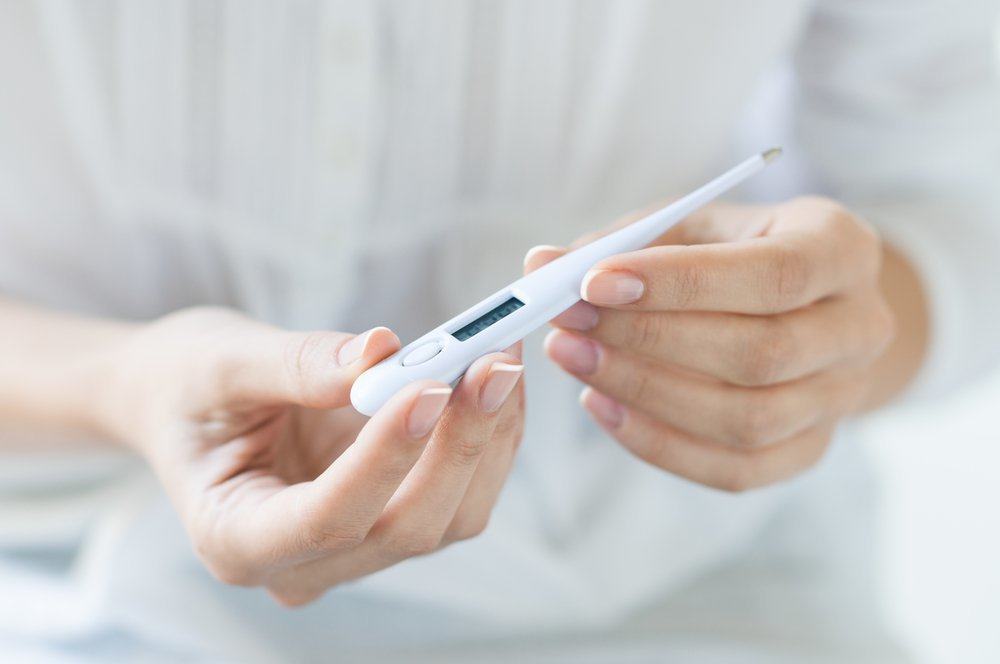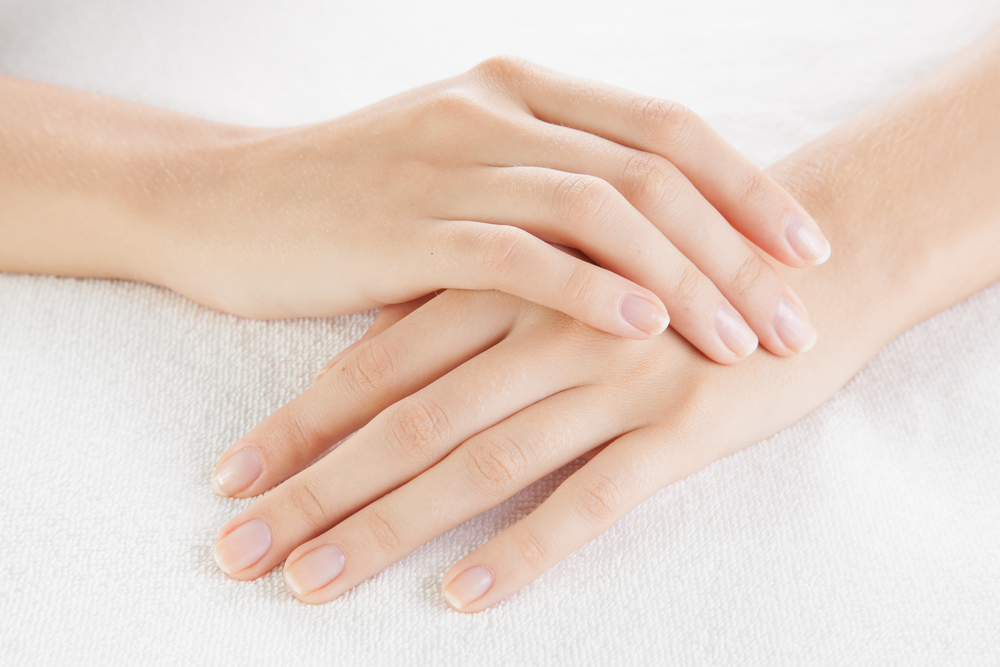Contents:
- Medical Video: Leon Bridges - Bet Ain't Worth the Hand (Official Video)
- What is normal body temperature?
- What does it mean if your hands keep cold?
- 1. Metabolic disorders
- 2. Hormone disorders
- 3. Nervous system disorders
- 4. Diabetes
- 5. Heart disease
Medical Video: Leon Bridges - Bet Ain't Worth the Hand (Official Video)
Have you ever touched someone's arm or palm and was surprised because the person's skin felt cold? In fact, you both are in the room with the same temperature and at the same time. Everyone's body temperature is different. There are people whose body temperature is hot but there are also people whose body temperature is cooler. Apparently, cold hands don't always mean you're cold. There are several reasons why a person's body temperature is indeed lower than most people. Here is a full explanation.
What is normal body temperature?
To find out if your body temperature is low or high, you need to understand the body's normal temperature in a healthy state. Body temperature is usually measured by a thermometer through the mouth, armpit, or anus. If you are not sick, have a fever, have a cold, or have finished exercising, the body's normal temperature is 37 degrees Celsius. However, keep in mind that your body temperature will change continuously throughout the day. In the morning and afternoon, you will usually experience an increase in body temperature by approximately 0.6 degrees Celsius. Then in the afternoon and evening when you sleep, your body temperature will decrease to reach 35 degrees Celsius.
What does it mean if your hands keep cold?
Some people do have a low body temperature or less than 37 degrees Celsius every day. This is what causes cold skin and hands consistently. Other people can realize it when they come in contact with you. People with low body temperatures may also find it easier to feel cold. If you experience these characteristics, you risk experiencing one of the following health conditions.
1. Metabolic disorders
Metabolism is a system that regulates how substances in the body are converted into energy sources or thrown away. Body temperature is one of the metabolic functions that you can feel directly. Body heat is a form of energy. So, if your body temperature is low, that means there is a disruption in the process of energy changes that should be done by the body. Metabolic disorders can be triggered by several things, such as lack of physical activity, unhealthy eating patterns, or conditions such as obesity. Pay attention if you experience symptoms other than low body temperature such as dizziness, nausea, and vomiting. We recommend that you immediately consult a doctor or health facility.
2. Hormone disorders
Various hormonal disorders can cause low body temperature. The limbs responsible for regulating and producing hormones are the thyroid gland located in the neck, the pituitary gland in the brain, and the adrenal gland above the kidney. If the body's organs are disrupted and cannot produce hormones normally, your body temperature will decrease. That's why body temperature is usually the first thing a doctor checks to check if you have a hormonal problem.
3. Nervous system disorders
Your body temperature is regulated by a part of the brain called the hypothalamus. The hypothalamus plays a very important role as the nervous system. If the part of the brain is damaged by tissue, nerves, or cells, the body will lose control of normal temperature settings. Various conditions that can cause disorders of the nervous system are trauma to the head, brain aneurysm, stroke, multiple sclerosis, and Parkinson's disease. So, if in addition to cold hands you also experience other symptoms such as loss of consciousness, headaches, weakness, or nausea, you should immediately consult a medical person.
4. Diabetes
According to a study published by the American Diabetes Association, low body temperature could be one of the symptoms and signs of diabetes. The hormone insulin which functions to absorb sugar in the body can increase body temperature. If your body does not produce enough insulin, your body temperature can decrease. Conditions such as insulin resistance can also cause low body temperature and cold hands. Disorders of insulin are signs and symptoms of diabetes.
5. Heart disease
If your blood flow is blocked, your body temperature will decrease. Various conditions such as blood clots, plaque buildup in arteries, high blood pressure, and narrowed blood vessels are just a few examples of factors that trigger heart disease. These factors indicate a disturbance in the blood flow so that you will experience a low body temperature. So, be careful if cold hands are accompanied by abnormal heart palpitations, chest pain (angina), arrhythmias, or limp body.
READ ALSO:
- Room Temperature Can Cause Complications In Diabetes
- 3 Signs of the Development of Heart Disease at a Young Age
- Cold Air Does Not Cause Flu












